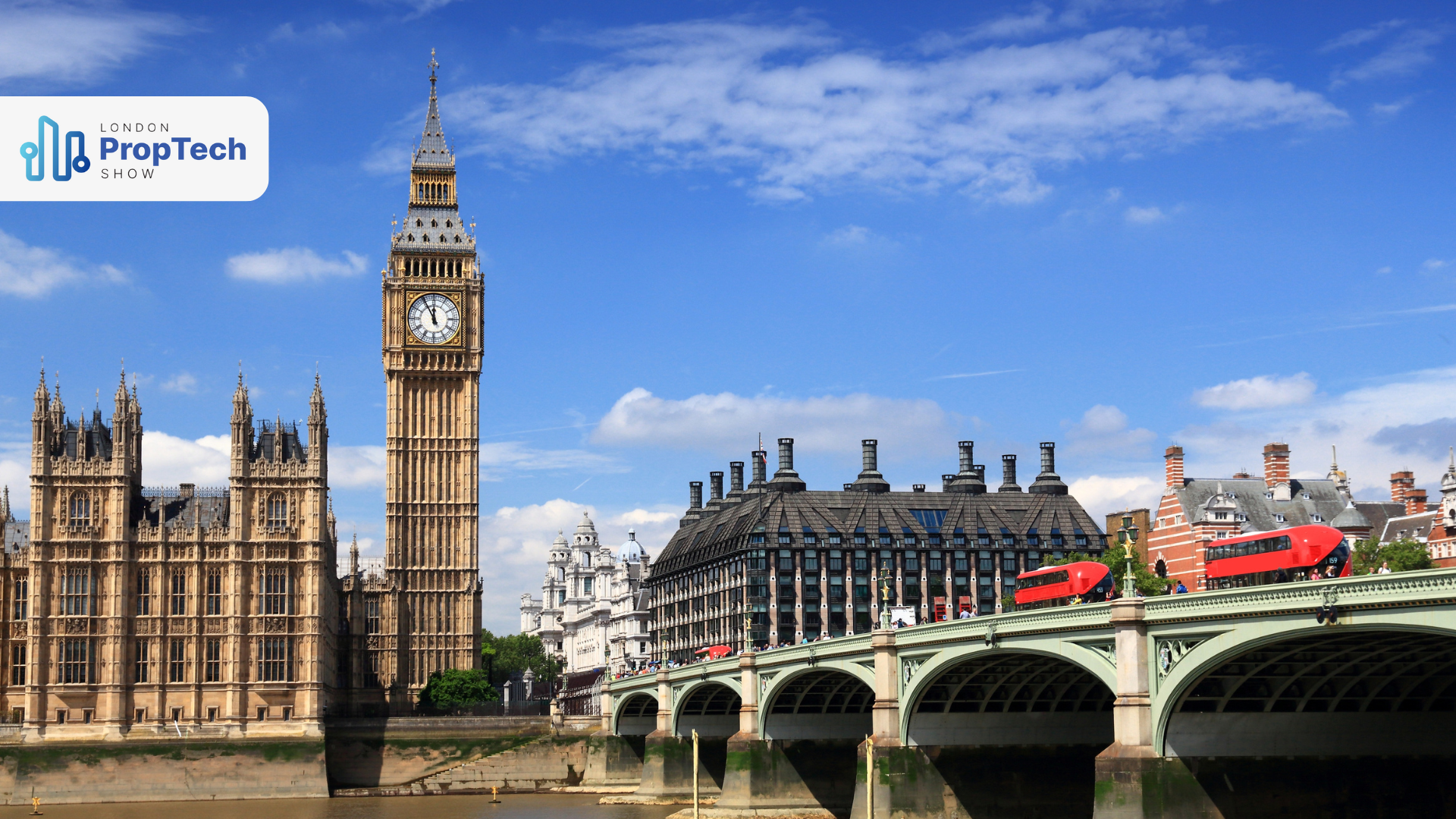London, 18 August 2024: Political stability, positive economic indicators and rising rents are resulting in the UK’s commercial real estate market recovering faster than the rest of Europe. Following a big downswing caused by high interest, transaction volumes rose 7 percent with a total trading volume of €26 billion. Meanwhile, other markets across Europe have seen little to no growth. Particularly, Germany and France, the two largest markets in Europe after the UK saw marginal gains compared to the UK as dealmaking failed to gain traction.
According to the index from Green Street, a key benchmark for commercial property values, commercial real estate prices rose about 1 percent in the first half of 2024, after the values fell over 25 percent from their peak in 2022. The UK showed gains of 1.4 percent outperforming the rest of Europe even though the European Central Bank slashed interest rates 2 months before the Bank of England.
Industry experts are of the opinion that the UK property market is showing signs of recovery. Mark Ridley, CEO of Savills, which advises on commercial deals, described the UK as “probably the fastest recalibrating market” but also advised caution due to uncertainty about how fast and how far the recovery will go. Ridley noted, “Where there is uncertainty is how fast and how far the recovery goes” while speaking to the Financial Times.
Another reason for caution is that some types of real estate have shown a higher demand than others. While Green Street’s European Index shows an increase in the prices of warehouses, residential properties and hotels, other sectors like office spaces are still following a downward spiral in value. In fact, the first half of 2024 was the worst period for the UK office market since tracking began in 2001, with only €4.2 billion worth of transactions. Instead, growth has been driven by the sales of apartment buildings, student housing, and hotels. Ben Sanderson, Managing Director, Real Estate at Aviva, one of the UK’s largest real estate investors, predicted a K- shaped recovery for the market with some sectors continuing to decline.
Notably, Blackstone invested about $3 Bn. in European real estate with most of the money being invested in residential homes, a hotel chain, and warehouses. James Seppala, Head of European real estate at Blackstone, said the firm was focusing on “logistics, residential, leisure and data centres” because these sectors were “benefiting from occupier and investor demand tailwinds”.
With many big players Sepro, Unite Students GPE looking to find new investments, the prospect of a sustained recovery doesn’t seem far-fetched. However, the UK’s market is more volatile than other markets across the rest of Europe, and valuations may change quickly if the market continues to react to external factors.


